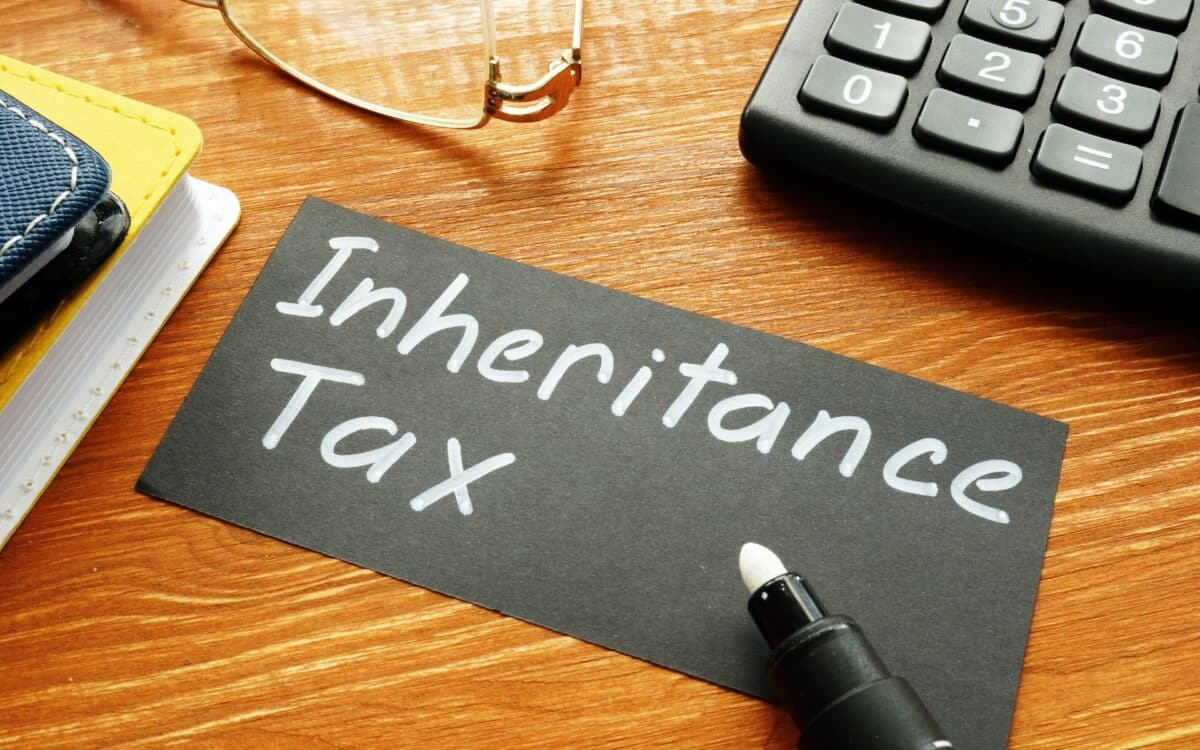The Builders Merchants Federation (BMF) has joined 31 other trade organizations in signing an open letter to Chancellor Rachel Reeves, urging her to reconsider the tax changes.
Representing 160,000 family businesses, these groups argue that altering Business Property Relief (BPR) and Agricultural Property Relief (APR) could cripple sectors critical to the economy.
Economic Costs and Risks for Family Businesses
The letter, citing data from CBI Economics, forecasts that the changes would lead to:
- A reduction in economic activity by £9.4 billion.
- A net loss to the Treasury of £1.25 billion.
- Widespread business closures and 125,000 job losses.
Although, the signatories stressed that BPR and APR are not loopholes, but necessary measures allowing family-owned businesses to continue operating without penalty after the owner’s death.
These provisions, introduced in 1976 by a Labour government, enable businesses to pay inheritance tax through dividends, which already incur an additional 39.5% tax rate.
Impacts on Investment, Staffing, and Growth Prospects
The construction sector, a cornerstone of Labour’s economic growth strategy, is among the hardest hit. John Newcomb, CEO of the BMF, highlighted that the proposed changes undermine confidence in the industry, deterring investment and innovation.
“Most of our members are reevaluating their investment plans,” said Newcomb. He outlined several likely consequences:
- Deferral or reduction of investments in production lines, machinery, and product expansion.
- Cuts in staffing and apprentice programs.
- Reduced stock levels and delays in opening new branches.
Moreover, these setbacks could derail Labour’s ambition to drive economic growth through housebuilding and infrastructure projects.
Conservative Pledge to Support Businesses Amid Growing Economic Concerns
At a protest event in London’s Palladium, Conservative leader Kemi Badenoch promised to reverse the changes if her party returns to power. She criticized Labour’s approach as a “smoked salmon offensive,” emphasizing the need for policies that support businesses rather than penalize them. Badenoch stated, “It is absolutely essential that we go back to how things were.”
Economists who initially supported the reforms to curb tax avoidance through agricultural land purchases have since voiced skepticism. Many now argue that the changes will disproportionately harm family farms and fail to achieve their intended goals.
Inheritance Tax Changes Threaten Economic Recovery
Labour’s reliance on construction and infrastructure to boost economic growth now faces serious challenges. Industry leaders warn that the policy risks creating a climate of uncertainty, deterring investment in key sectors.
With family businesses and vital industries on edge, critics are calling on the government to reconsider the inheritance tax changes. Without adjustments, the proposed measures could jeopardize the very economic recovery Labour aims to achieve.









